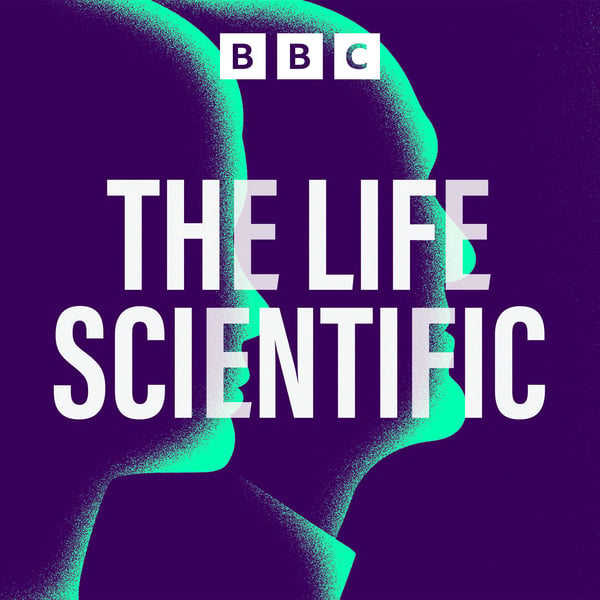Michael Wooldridge on AI and sentient robots
The Life Scientific
BBC
4.6 • 1.4K Ratings
🗓️ 19 December 2023
⏱️ 39 minutes
🧾️ Download transcript
Summary
Humans have a long-held fascination with the idea of Artificial Intelligence (AI) as a dystopian threat: from Mary Shelley's Frankenstein, through to the Terminator movies.
But somehow, we still often think of this technology as 'futuristic': whereas in fact, it's already woven into the fabric of our daily lives, from facial recognition software to translator apps. And if we get too caught up in the entertaining sci-fi narrative around AI and the potential threat from machines, there's a more pressing danger that we overlook real and present concerns - from deep fakes to electoral disinformation.
That's why Michael Wooldridge is determined to demystify AI and explain how it can improve our lives, in a whole host of different ways. A Professor of Computer Science at the University of Oxford, and the Director of Foundational AI Research at the Alan Turing Institute, Mike believes the most common fears around this technology are "misplaced".
In a special 300th edition of The Life Scientific, recorded in front of an audience at London's Royal Institution (RI), Mike tells Jim Al-Khalili how he will use this year's prestigious RI Christmas Lectures to lift the lid on modern AI technology and discuss how far it could go in future.
Mike also reminiscences about the days when sending an email was a thrilling novelty, discusses why people love talking to him about the Terminator at parties, and is even challenged to think up a novel future use of AI by ChatGPT...
Produced by Lucy Taylor.
Transcript
Click on a timestamp to play from that location
| 0:00.0 | You're about to listen to a BBC podcast and I'd like to tell you a bit about the |
| 0:03.8 | podcast I work on. I'm Dan Clark and I commissioned factual podcasts at the BBC. |
| 0:08.6 | It's a massive area but I'd sum it up as stories to help us make sense of the forces shaping the world. |
| 0:15.3 | What podcasting does is give us the space and the time to take brilliant BBC journalism |
| 0:19.8 | and tell amazing compelling stories that really get behind the headlines. |
| 0:23.7 | And what I get really excited about is when we find a way of drawing you into a subject |
| 0:28.4 | you might not even have thought you were interested in. |
| 0:30.2 | Whether it's investigations, science, tech, politics, culture, true crime, the environment, |
| 0:36.1 | you can always discover more with a podcast on BBC Sounds. |
| 0:39.7 | BBC Sounds, music, radio podcasts. |
| 0:44.5 | Hello and welcome to the podcast edition of the Life Scientific. |
| 0:47.9 | I'm Jim Alkalele and this is the show where I get to talk with some of the world's |
| 0:51.5 | leading scientists and you get to find out what drives |
| 0:54.7 | them. |
| 0:55.7 | So sit back, get comfortable and enjoy the episode. |
| 0:58.7 | Welcome to our final episode of the year, also our 300th life scientific, coming to you complete with |
| 1:05.2 | audience from London's Royal Institution, a center of scientific education and |
| 1:09.8 | celebration for more than two centuries. Hopefully today we're contributing a little bit towards that grand tradition. |
| 1:16.0 | Now, I propose to consider the question, |
| 1:20.0 | can machines think? |
| 1:22.0 | Those aren't actually my words. |
| 1:23.7 | That question was the opening line of a paper written in 1950 |
... |
Please login to see the full transcript.
Disclaimer: The podcast and artwork embedded on this page are from BBC, and are the property of its owner and not affiliated with or endorsed by Tapesearch.
Generated transcripts are the property of BBC and are distributed freely under the Fair Use doctrine. Transcripts generated by Tapesearch are not guaranteed to be accurate.
Copyright © Tapesearch 2025.

